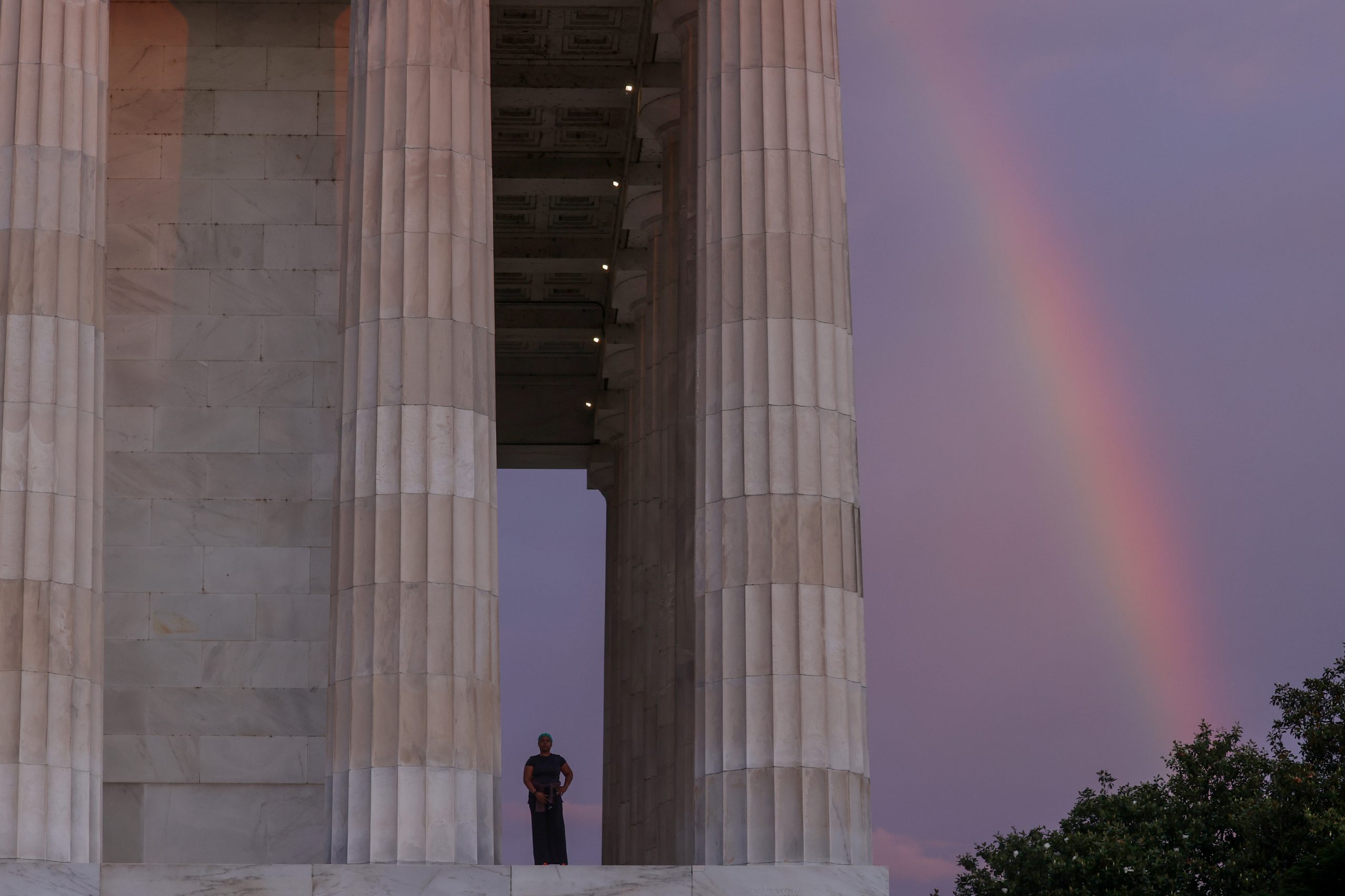Many Juneteenth observances celebrating the emancipation of African American slaves more than a century and a half ago were shifted to the internet on Friday due to the coronavirus, though street marches and “car caravans” were planned in several major U.S. cities.
Organizers said the occasion holds particular significance this year – despite limitations imposed by the pandemic – as it comes amid a reckoning with America’s troubled racial history following last month’s death of George Floyd under the knee of a Minneapolis police officer.
Weeks of mounting demands to end police brutality and racial bias in the U.S. criminal justice system are sure to animate rallies expected in cities coast to coast, including New York, Washington, Philadelphia, Atlanta, Chicago and Los Angeles.
In Texas, where Juneteenth originated, Lucy Bremond oversees what is believed to be the oldest public celebration of the occasion each year in Houston’s Emancipation Park, located in the Third Ward area where Floyd spent most of his life.
This year a gathering that typically draws some 6,000 people to the park, purchased by freed slaves in 1872 to hold a Juneteenth celebration, will be replaced with a virtual observance.
“There are a lot of people who did not even know Juneteenth existed until these past few weeks,” Bremond said.
Juneteenth, a blend of June and 19th, commemorates the U.S. abolition of slavery under President Abraham Lincoln’s 1863 Emancipation Proclamation, belatedly announced by a Union army in Galveston, Texas, on June 19, 1865, after the Civil War ended.
Texas officially made it a holiday in 1980, and 45 more states and the District of Columbia have since followed suit. This year, a number of a major companies declared June 19, also known as Emancipation Day or Freedom Day, a paid holiday for employees.
Union dockworkers at nearly 30 ports along the West Coast planned to mark the occasion by staging a one-day strike.
But much of the focus of the 155th annual observance will take place on social media, with online lectures, discussion groups and virtual breakfasts, to help safeguard minority communities especially hard hit by the pandemic.
“We have been training our staff on how to use technology to present their events virtually and online,” said Steve Williams, president of the National Juneteenth Observance Foundation.
Many chapters have also planned “car caravans” – slow-speed processions of motorists honking horns and waving their arms as they wend their way through neighborhoods, Williams said.
One possible focal point of Juneteenth observances this year will be Tulsa, Oklahoma, where President Donald Trump’s first campaign rally in three months was originally scheduled for Friday but was moved to Saturday after a storm of opposition.
Critics said staging the rally on Juneteenth in Tulsa, the scene of a notorious massacre of African Americans by white mobs in 1921, showed a profound lack of sensitivity to the city’s history, not to mention disregard for public health concerns. Local media reported Juneteenth organizers were planning an outdoor event expected to draw tens of thousands on Friday.
Byron Miller, Juneteenth commissioner for San Antonio, Texas, said he has long felt compelled to make the celebration “palatable” to white people by emphasizing advances in racial harmony, rather than dwelling on centuries of abuses endured by African Americans.
But Floyd’s death has left him newly embittered.
“The times we’re living now have forced many of us to acknowledge that maybe slavery has never ended, in some fashion or another,” he said.
Bremond saw the potential for the holiday as a balm for racial wounds, saying, “I’m hopeful that Juneteenth will serve as a stabilizing influence for the chaos that we’ve been seeing in the streets.”
(Reporting by Brad Brooks in Austin, Texas; Additional reporting and writing and by Steve Gorman in Los Angeles; Editing by Daniel Wallis)
























 Continue with Google
Continue with Google